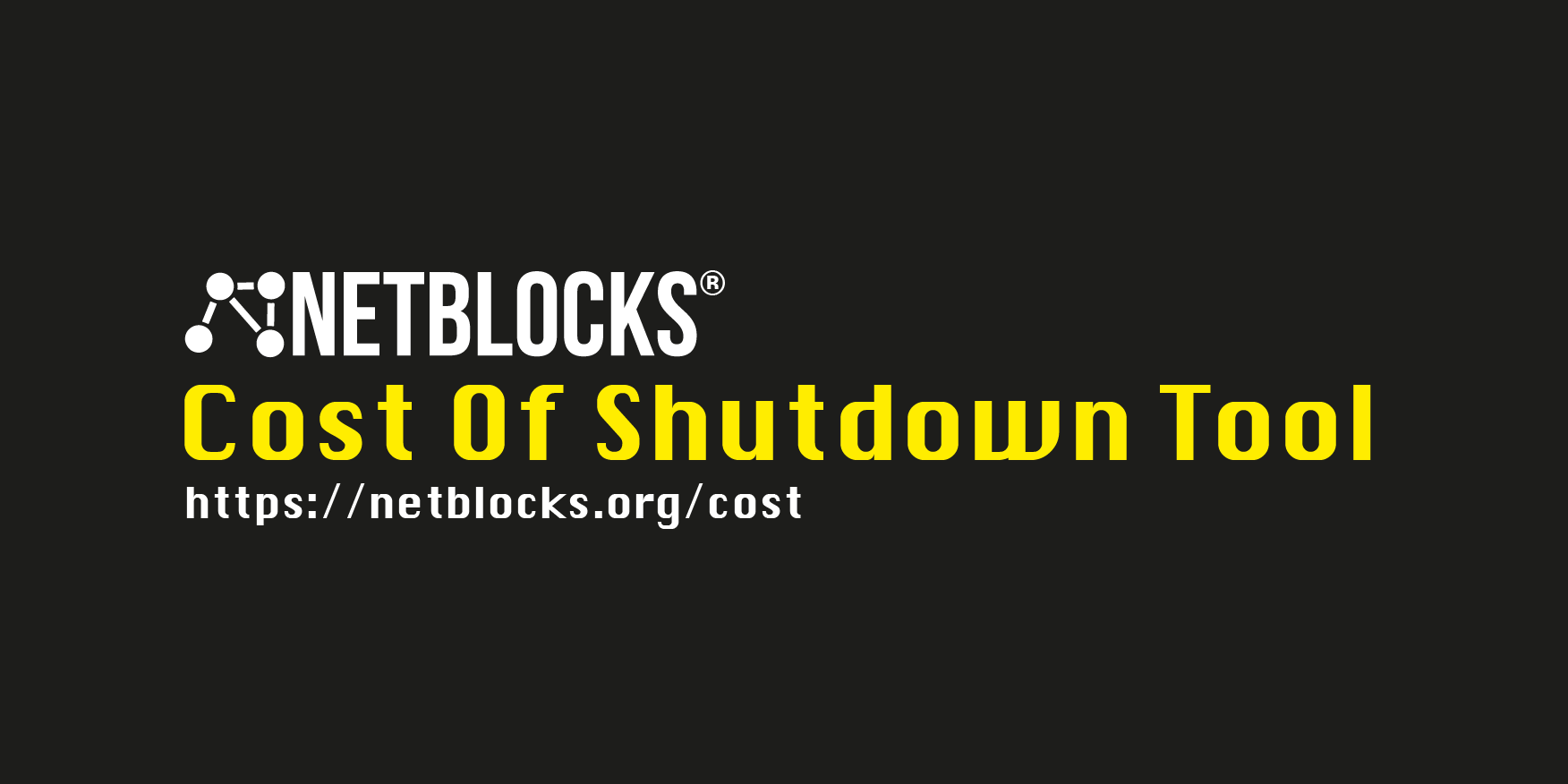Presented by the Institute for Law and Technology, this conference brings together cybersecurity professionals from the region and around the country to provide advice and guidance to in-house and private practice attorneys on cybersecurity legal issues.
You can click here for more information on the event.
2019 International Cyber Security and Intelligence Conference
The International Cybersecurity and Intelligence Conference (ICSIC) provides a rare opportunity for global experts in Cyber security, Intelligence, Counter-Terrorism, National Infrastructure, Industry, Cyber Operations research, Law enforcement, and Legal Practitioners to proffer unified ideas and best practices on cyber safety, attacks prevention and secured cyber world. ICSIC, is a unique cyber security and intelligence conference that features high profile speakers from cyber security, privacy, intelligence, national critical infrastructure and counter-terrorism. Attendees will have a unique privilege to interact with some of the best brains in the industry.
For more details on the event, please click on ICSIC.
Global Tech Conference 2019
ICT Spring is a Global Tech Conference hosting an array of International Professionals. This two-day yearly event is held in Luxembourg City, at the heart of Europe, and offers the participants a unique opportunity to deepen their Digital Knowledge, capture the Value of the fast-growing FinTech Industry, and explore the impact of Space Technologies on Terrestrial Businesses.
You can click here for more details on the event., Digital Age
NetBlocks and the Internet Society Launch Tool to Calculate the Cost of Internet Censorship Worldwide
News Update |
A new tool to support internet freedom is being launched by NetBlocks and the Internet Society, a global non-profit organisation dedicated to the open development, use and evolution of the Internet.
Launch COSTRun the Cost of Shutdown Tool
The organisations have partnered up to build COST, a tool that seeks to measure the economic cost of internet disruptions to support the adoption of rights-based internet governance around the world.
The internet is for everyone: This #HumanRightsDay we're launching the #COST tool with @InternetSociety to measure in real-time the economic impact of internet disruptions, throttling and mass-censorship worldwide. Together we can #KeepItOnhttps://t.co/m4jvx3QLLZ pic.twitter.com/1daGvRXgfb
— NetBlocks (@netblocks) December 10, 2018
The Cost of Shutdown Tool (COST) launches today to mark the 70th Anniversary of the adoption of the Universal Declaration of Human Rights enacted by the United Nations on December 10, 1948.
COST is a data-driven policy tool that automates the task of assessing the economic impact of internet shutdowns, mobile data blackouts and social media restrictions including throttling.
COST performs calculations by country, type of disruption and length of time, combining thousands of development indicators in real time to offer insights into the impact of internet governance and misgovernance on sustainable development, human rights and digital prosperity.
“This tool will empower the next stage of data-driven advocacy. By calculating numbers in real time, COST will allows us to communicate to governments and technology companies on how much revenue they’re losing when they disrupt the internet. We hope by the tool will make governments think twice before threatening internet freedom, ” Hannah Machlin, Global Advocacy Manager for the NetBlocks Group, said.

“ We believe the opportunities brought by the Internet should be available for everyone and a tool such as COST can help governments understand the economic impact of shutting down or blocking the Internet. While we can’t quantify the human cost of switching off the Internet, this helps quantify the economic cost,” explains Constance Bommelaer de Leusse, Senior Director Global Internet Policy for The Internet Society.
The COST tool is built upon established research papers published by the Brookings Institution for global coverage and a specialised model by CIPESA for sub-Saharan Africa, taking into account indirect economic factors and informal economies that play a major role in the region. Economic indicators are integrated from open data sources including the World Bank, ITU and Eurostat.
You can read more about it here.
Forum on Internet Freedom in Africa 2019 (FIFAfrica19)
Indeed, spreading the physical footprint of FIFAfrica across different regions of the continent ensures that the Forum lives up to its goal of unpacking internet freedom challenges and opportunities in sub-regions of Africa and developing responses that are collaborative, and informed by insights from the experience of other sub-regions of the continen.
See our FIFAfrica event page here. More information on FIFAfrica2019 coming soon.

